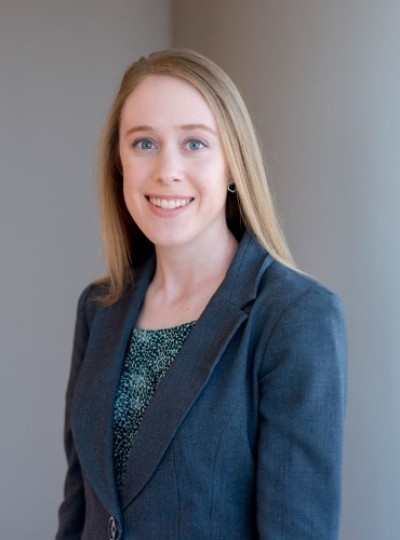Chemical abortion: Coming soon to a mailbox near you
Last month, the FDA announced its decision to weaken chemical abortion safety regulations by lifting a requirement that abortion pills be dispensed in person for the duration of the COVID-19 public health emergency. Reversing over two decades of policy, this means that chemical abortion pills can now be sent through the mail.

Due to the risks associated with the drug mifepristone, the first pill in the two-part chemical abortion process, the FDA had enforced a Risk Evaluation and Mitigation Strategy (REMS), as well as a more stringent set of Elements to Assure Safe Use (ETASU). While chemical abortion is never safe for the baby whose life it extinguishes, the REMS protected women by requiring providers to see their patients in person and to have the ability to properly determine the duration of the pregnancy and diagnose ectopic pregnancy, as well as a myriad of other important safeguards. Many of these protections have now been eliminated.
Ostensibly, the FDA made this change due to risks associated with office visits during the COVID-19 pandemic, but the abortion industry has long fought for the in-person requirement to be suspended and so will only continue pushing for this change to be made permanent. As a result, medical safeguards from the chemical abortion process have been stripped away, putting women and their unborn children at increased risk. We need to be aware of these changes and the threat they pose to the weakest among us.

Under the best circumstances, chemical abortions can be dangerous. One of the best studies on abortion complications discovered that chemical abortions have a complication rate four times that of surgical abortions. In particular, the women included in the study suffered from hemorrhage and incomplete abortions. A recent analysis of complications reported to the FDA reached a similar conclusion: although complications were underreported, the data was enough to show that chemical abortion is sending women to the hospital with infections and bleeding.
When the in-person requirement is removed, the risk increases dramatically. Without an ultrasound, doctors cannot confirm the age or location of the pregnancy. Instead, women could inadvertently be prescribed the pills at later gestations, when chemical abortion becomes less effective and more dangerous. If a woman has an ectopic pregnancy, which cannot be alleviated by chemical abortion, her life will be at risk. There will be no opportunity for women to talk one-on-one with their doctors in a private room; instead, a woman’s entire interaction with her provider could easily take place with an abusive partner or trafficker listening in. And there is no guarantee that the person who orders the pills is the same person who takes them: The provider cannot control who ultimately opens the mailbox.
The risks of chemical abortion aren’t just physical. In a recent paper that explored women’s online accounts of their chemical abortion experiences, over and over, the same themes emerged: women felt that they had no other choice. They were blindsided by the pain, the blood, and the sight of their unborn babies’ bodies. They wrestled with regret and remorse. They felt silenced and alone, unable to talk to others about what they had endured. These women were forever changed by what they went through.
We need to arm ourselves with the facts about chemical abortion, and we need to know the truth about the poison that is being peddled as the easy way out of an unexpected pregnancy. Most of all, we need to spread the word that there is hope. As they have for 50 years, pregnancy centers are prepared to offer loving counsel, material assistance, and support to nearly two million people a year. Churches can come alongside struggling women and men and empower them to choose life for their babies and find life in the Gospel.
And in some cases, we can tell hurting women that it isn’t too late. Women who have taken the first pill in the chemical abortion regimen and immediately regret their decision can seek abortion pill reversal, diluting the effects of the first pill with progesterone supplements. More than 2,000 babies have now been saved this way. People everywhere can make a difference in the chemical abortion debate by educating themselves on the facts. There are also numerous opportunities to get involved at local pregnancy help centers, volunteer for post-abortion ministries, learn how to sidewalk counsel at abortion clinics, and get involved in prayer campaigns such as 40 days for Life. God has placed each of us where we are, and when we are, for such a time as this. In our constant prayers and our daily actions, God’s smallest creations depend on our perseverance and faithfulness to His ministry and His kingdom.
"Can a mother forget her infant, be without tenderness for the child of her womb? Even should she forget, I will never forget you. See, upon the palms of my hands I have engraved you; your walls are ever before me."
~Isaiah 49:15-16~
Tessa Longbons and Hannah Howard, M.S. are research associates at the Charlotte Lozier Institute.





















